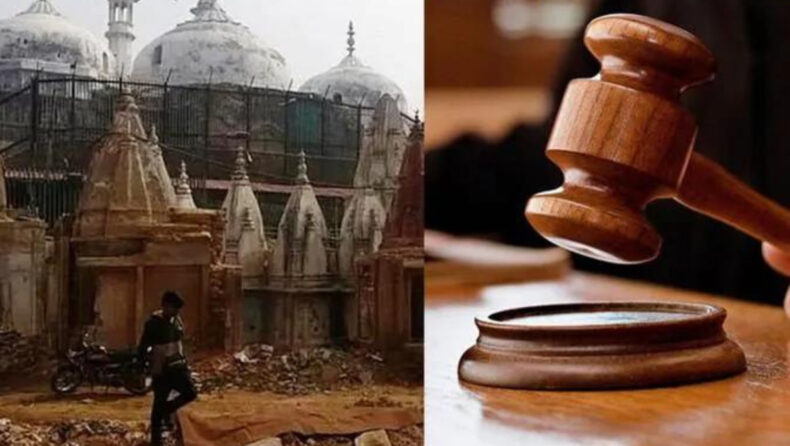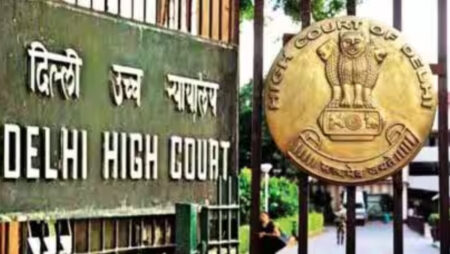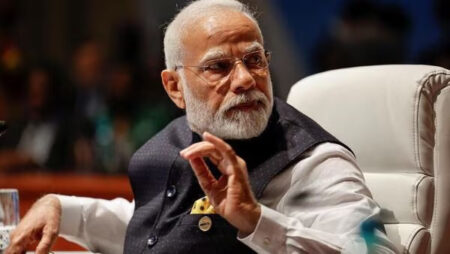In the Gyanvapi case, the Allahabad High Court made an important decision. The court mandated a survey of Gyanvapi, while the Muslim side elected to appeal to the Supreme Court.
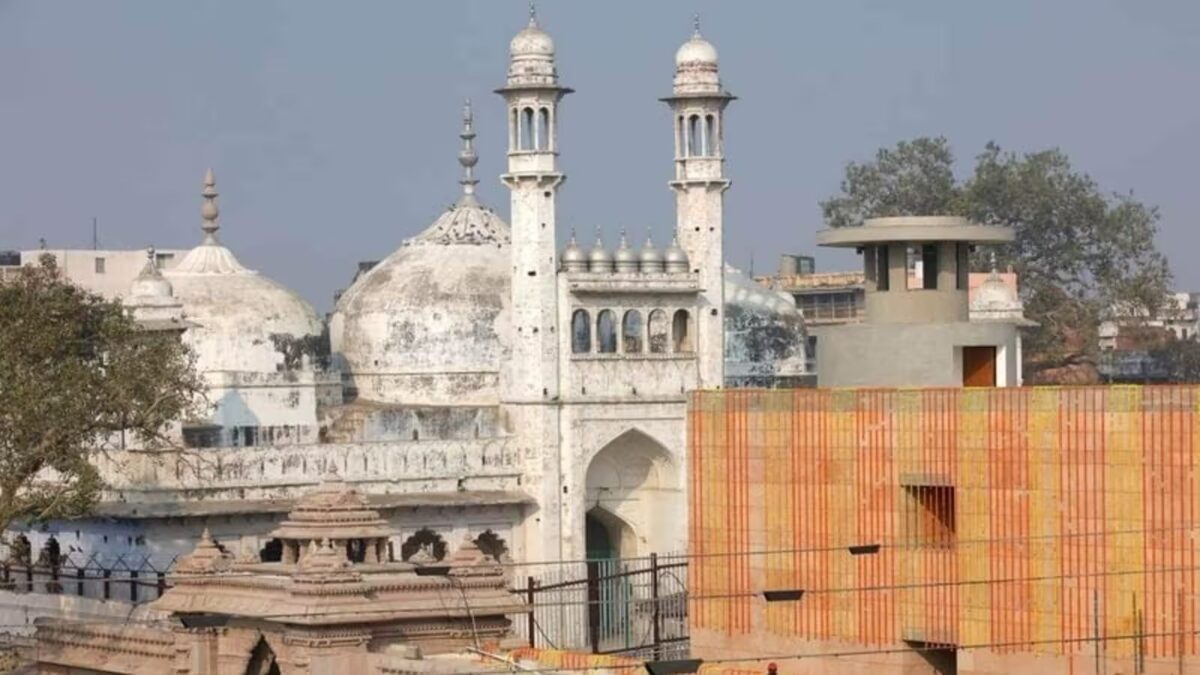
Table of Contents
High Court’s Decision
The Gyanvapi mosque committee’s request for a suspension of the court’s mandated “scientific survey” of the mosque building by the Archaeological survey of India (ASI) was denied on Thursday by the Allahabad High Court. The survey must be carried out by ASI, per the court’s directive.
The Anjuman Intezamia Masajid Committee attempted to have a Varanasi court’s order mandating ASI to conduct a “scientific investigation/survey/excavation” of the grounds of the Gyanvapi mosque dismissed by the High Court. As well as directing ASI to “find out” whether the “present structure” was “built over a former structure of a Hindu temple,” the court also ordered them to do so.
Chief Justice Pritinker Diwaker of the Allahabad High Court heard the case; he had previously stated on July 27 that the survey wouldn’t be undertaken until the High Court issued its ruling on August 3.
ASI Assures No Damage Will Be Caused
The ASI assured the court during the hearing that the building would not be damaged, and the Allahabad high court highlighted in its judgement that the condition must be upheld. The ASI is required by the court to make sure that the structure is not harmed. The ASI gave the court its word that it possessed the necessary expertise to conduct the survey without causing any excavation or structural damage.
The Survey
The Gyanvapi mosque’s grounds would be thoroughly searched as part of the operation. “Just like before, the mosque as a whole would be measured and photographed.” The ASI team will also primarily employ ground-penetrating radar (GPR) to determine whether any structures are present beneath the surface.
In addition, the team would examine the wall carvings and architectural layouts before drawing any conclusions, according to a different lawyer who was a member of the team that entered the Gyanvapi mosque to do the inspection, said one of the survey officials.
The ASI survey will start on Friday, according to Varanasi District Magistrate S Rajalingam, who spoke with reporters on Thursday afternoon. “In order to start the survey on Friday, ASI has asked for support. All the assistance they require will be provided. Regarding the timings, they have not given any information. For security precautions, we have a plan in place. We’ll notify both parties,” he said.
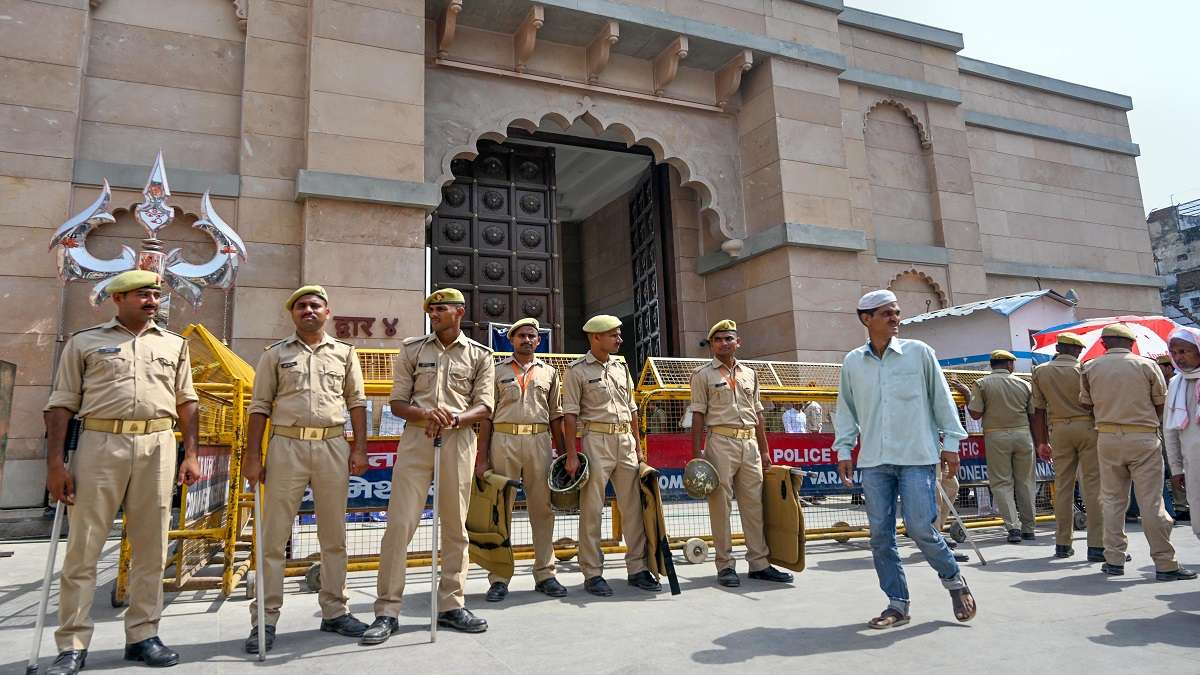
Reason for the Survey
Four ladies asked for the ruling, claiming that scientific investigation was required to fully understand the claims that the Gyanvapi Mosque was constructed after an old Hindu temple that had been destroyed. The court stated that in reaching its conclusion, scientific investigation was “necessary” to ascertain the “true truth.”
A Varanasi court ordered the Archaeological Survey of India (ASI) to complete the survey, involving excavations, whenever necessary, on July 21 in order to ascertain whether the mosque was erected where a temple formerly stood. The ASI had to assess whether the mosque next to Varanasi’s Kashi Vishwanath temple was actually constructed on top of a temple.
The ASI started the poll on July 24 but was stopped by the Supreme Court until July 26 at 5 p.m. because “some breathing time” was required for appealing a district court order.
Reactions
The Indian Express reported earlier in the day that lawyer Syed Ahmad Faizan, who spoke for the members of the mosque committee, said, “Our application has been rejected. The Varanasi court case will be tried quickly, per the court’s decision, and the survey should be continued. We anticipate seeing the complete order when it does.
According to Muslim leader Khalid Rasheed Firangi Mahali, the Muslim side holds the option of appealing the Allahabad High Court’s decision to the Supreme Court.
We appreciate the court’s order, said Madan Mohan Yadav, another experienced lawyer who was defending the Shringar Gauri-Gyanvapi case’s female plaintiffs. I’m pleased that the court heard our argument and affirmed the district court’s directive to conduct an objective inspection of the Gyanvapi mosque. I believe that’s the only method to establish whether or not there’s a temple hidden beneath the mosque.
“I appreciate this ruling. Following the completion of the ASI survey and the resolution of the Gyanvapi issue, I am convinced that the truth will be revealed’, said UP deputy CM Keshav Prasad Maurya.
Advocate Vishnu Shankar Jain, who was representing the Hindu side, declared that the survey would be carried out in accordance with the ASI’s affidavit following the Allahabad high court’s crucial decision.







